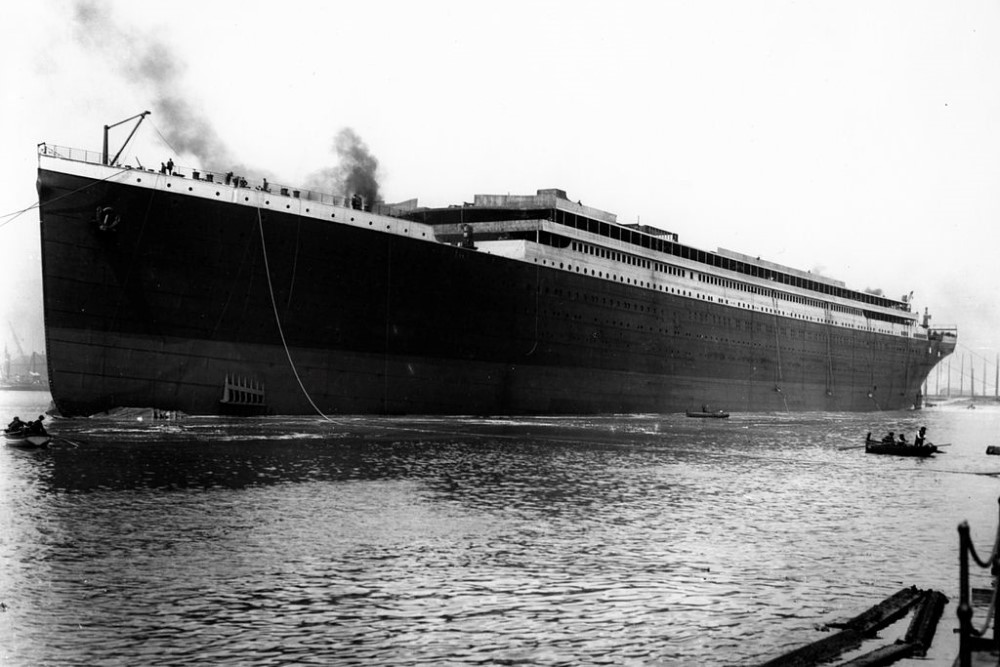Cost of a Resume: Competing to Get the Job
If education is competitive, getting a job is even more competitive.
Most college students are pressured to join clubs, to play on teams and to take on leadership positions. We’re told that travel experience, studying abroad and having an internship or two will set us ahead. All of this, of course, on top of your degree of choice from whatever school you were accepted to. Each of these in and of itself takes some type of competition—and a LOT of money.
Most of us at DePauw University are willing to take on the competition. We accepted it back in grade school, and we knew it wouldn’t be easy. I’ve discovered though, that many of my peers and I had no idea how much it would cost. This brought into light a whole new type of competition, a financial one.
If your loans aren’t consumed by tuition, maybe they’ll help you pay for the experiential learning we’ve all been told is vital. If you’re lucky, work-study, family or possibly a part-time job can make it happen. Gaining the finances necessary to accept internships or partake in study-abroad, experiences which I’ve been told are crucial in the competitive job market, can be a struggle. There may be a lot of resources and aid available for those who cannot afford to egregiously fill the Education, Experience and Skills sections of their resumes, but it can take twice the work, an achievement that’s left off of the resume.
For instance, as an art student, I often struggle to afford all the supplies I need to complete my projects. For a double major, it’s nearly impossible to hold a job on the side, and for athletes, partaking in international travel generally isn’t an option.
Therefore, I think it’s very important for students, especially those of a lower socioeconomic status, to think critically about which experiences will benefit them most—personally and professionally. Make sure you know why you’re working so hard; make sure it’s worth it. One great experience could make it worthwhile.
In my experience, an unpaid internship turned out to be much more worthwhile than a sought after winter term experience abroad. The internship didn’t sound as exciting; however, in the end, it was much more rewarding. I very much enjoyed my winter terms, but I hadn’t thought them through enough. For my last winter term, I ended up planning my own trip, which was the most rewarding of all.
Plan accordingly and know what you want to achieve. This way, you’ll quickly gain the experience, skills and education you need to do what you love regardless of your financial situation.





